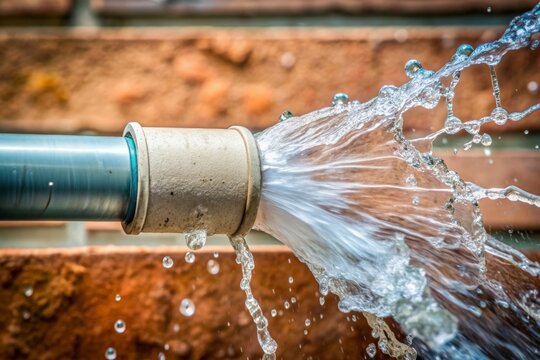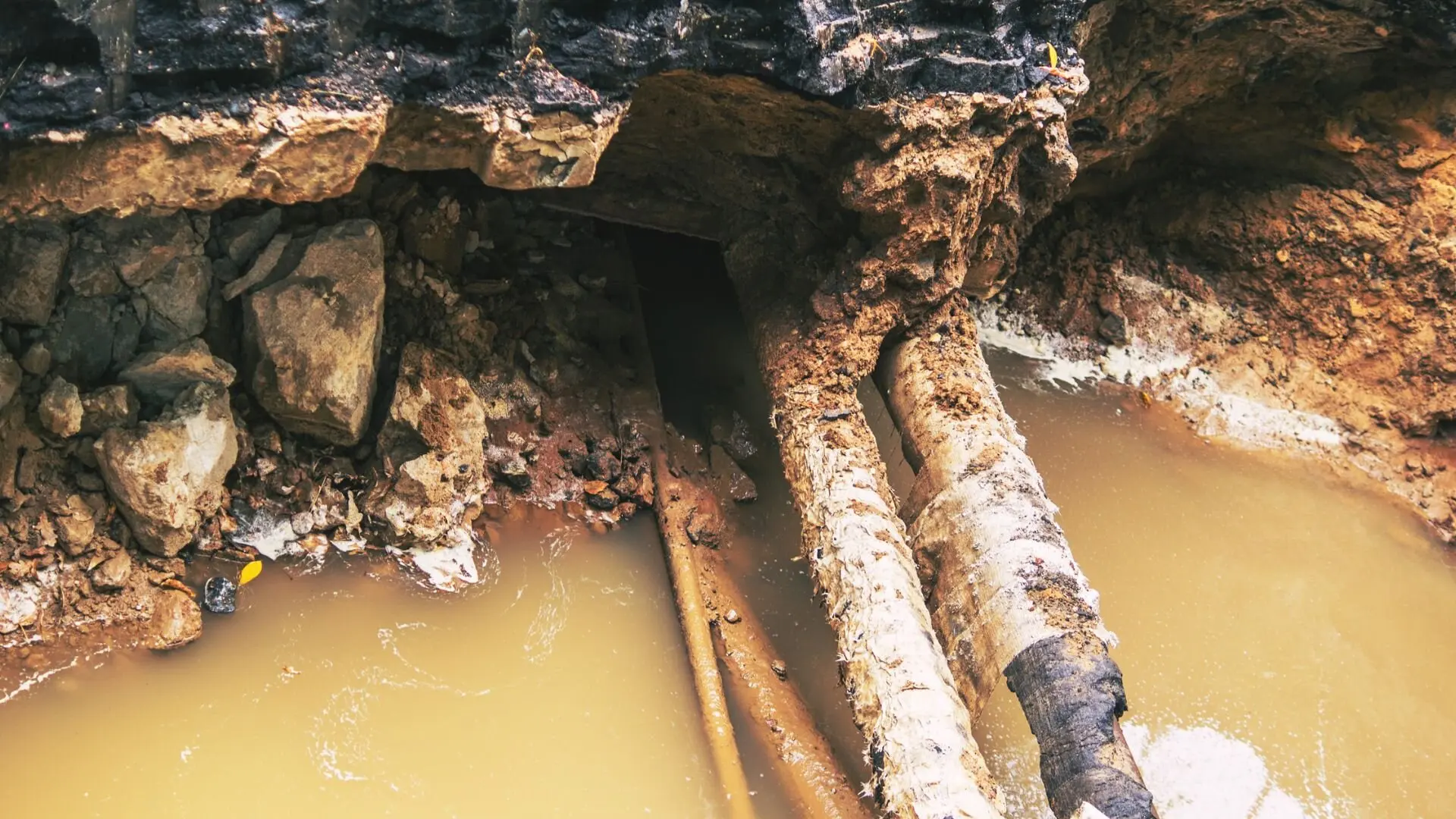Burst Pipe Insurance Claims: What You Need to Know for Water Damage Coverage
Burst Pipe Insurance Claims: What You Need to Know for Water Damage Coverage
Blog Article
Avoiding Ruptured Piping: Crucial Tips to Shield Your Pipes
Avoiding ruptured pipes is a vital issue for house owners, specifically during colder months when the threat of freezing is enhanced. Implementing calculated actions such as appropriate insulation, regular assessments, and maintaining consistent indoor temperature levels can significantly reduce the probability of pipeline failing.
Understand Pipe Vulnerabilities
Understanding pipe susceptabilities is crucial for efficient plumbing upkeep and avoiding expensive damages. A number of factors add to the susceptibility of pipelines to bursts, including material make-up, age, and environmental conditions. Older pipes, specifically those made from galvanized steel or polybutylene, commonly deteriorate gradually, leading to enhanced risk of ruptures and leaks.
Temperature fluctuations can also dramatically impact pipeline honesty. In cooler climates, water caught in pipelines can ice up, expanding and exerting stress on the pipe walls, which might eventually bring about a ruptured. In addition, high water pressure can strain pipes, particularly at bends and joints, heightening the possibility of failure.

Insulate Pipeline Correctly
Appropriate insulation of pipes is important for avoiding cold and succeeding bursts throughout winter (burst pipe). Insulating your pipes system properly safeguards versus temperature drops that can bring about costly damage. Begin by identifying prone areas where pipes are revealed to exterior temperature levels, such as basements, attics, and exterior wall surfaces
Usage foam pipeline insulation sleeves or wrap insulation tape around these areas to give a safety obstacle. Make certain that all sections of the pipelines, specifically those with restricted heat direct exposure, get sufficient insulation. Pay special attention to installations and joints, as these are more vulnerable to freezing.
When protecting, it's vital to select materials that meet local building regulations and are appropriate for the particular environment. Fiberglass insulation is commonly recommended for its thermal resistance homes. In addition, take into consideration using heat cables or tape in severe conditions, which can be plugged in to supply supplementary warm
On a regular basis examine insulated pipelines for any kind of indicators of wear or damages, as endangered insulation can lessen its effectiveness. By taking these aggressive procedures, you significantly decrease the danger of pipe bursts, guaranteeing a reliable pipes system throughout the winter season.
Maintain Consistent Temperature Level
A steady indoor temperature is crucial for protecting against burst pipelines throughout the cold months. When temperature levels decrease, water within pipes can ice up, creating and broadening stress that may inevitably trigger the pipes to burst. To mitigate this risk, house owners must keep a constant temperature level throughout their living room, preferably no lower than 55 ° F(13 ° C)Utilizing a programmable thermostat can assist manage indoor temperature levels effectively, ensuring that areas with plumbing remain warm also when your house is vacant. Pay unique interest to areas that are a lot more susceptible to cold, such as attic rooms, garages, and basements. Maintaining closet doors open under sinks can likewise enable warmer air from the home to flow around plumbing.
Furthermore, it is prudent to allow taps to drip slightly during read extreme cold snaps. This small circulation of water can stop cold by minimizing pressure within the pipelines. Moreover, during specifically serious climate events, take into consideration momentarily putting on hold any kind of nighttime troubles on your thermostat to preserve a stable warm environment. By carrying out these methods, homeowners can considerably decrease the danger of pipeline ruptureds and secure their plumbing systems versus the severe winter months components.
On A Regular Basis Inspect Plumbing
Routine examinations of plumbing systems are vital for protecting against ruptured pipes and keeping total home honesty. During these examinations, it is essential to take a look at noticeable pipes for signs of corrosion, leakages, or wear.
Furthermore, checking joints and connections is essential, as these points are typically prone to leakages. House owners should likewise evaluate water stress levels, as excessive pressure can strain the pipes system and raise the risk of pipeline ruptureds.
Think about scheduling expert plumbing examinations at the very least annually, especially before winter months, to ensure your system is prepared for colder temperature levels. Normal examinations not just assist in determining prompt problems yet also foster long-term maintenance methods that can boost the life-span of your pipes system. By being positive in your strategy, you can secure your home against the costly and turbulent effects of ruptured pipes. Prioritizing plumbing inspections is an investment in your home's health and wellness.
Know Emergency Treatments
Understanding emergency procedures is important for every home owner, especially after performing routine plumbing evaluations. Being prepared for a pipes emergency can significantly reduce damages and conserve costs.
Following, sites keep crucial devices useful. A plumbing emergency situation package ought to include a wrench, plunger, and towels, along with a flashlight and a container for small leaks. Additionally, consider having the get in touch with details for a relied on plumber readily available, should the scenario rise beyond your control.
If you discover a leakage or burst pipeline, right away shut off the supply of water and notify your plumbing. Furthermore, document the damage with pictures for insurance policy functions. burst pipe. Be aware of the indications of prospective pipes concerns, such as uncommon water stress variations or damp areas on walls
Ultimately, positive understanding and swift action are crucial in managing pipes emergencies, guaranteeing your home continues to be safeguarded and decreasing prospective damages.

Conclusion
In conclusion, stopping burst pipes demands a diverse approach that consists of understanding pipe vulnerabilities, correct insulation, maintaining constant interior temperature levels, routine evaluations, and knowledge of emergency situation treatments. By applying these important strategies, the danger of pipes failures can be considerably minimized, thus making certain the durability and efficiency of the pipes system. Positive steps not just protect versus potential damages but likewise add to general water preservation and the security of home.
In cooler climates, water trapped in pipelines can freeze, putting in and broadening pressure on the pipeline wall surfaces, which may eventually lead to a ruptured. When temperature levels drop, water within pipes can ice up, expanding and producing stress that may eventually create the pipelines to burst. By executing these approaches, homeowners can significantly lower the risk of pipeline ruptureds and safeguard their pipes systems against the extreme winter elements.

Report this page